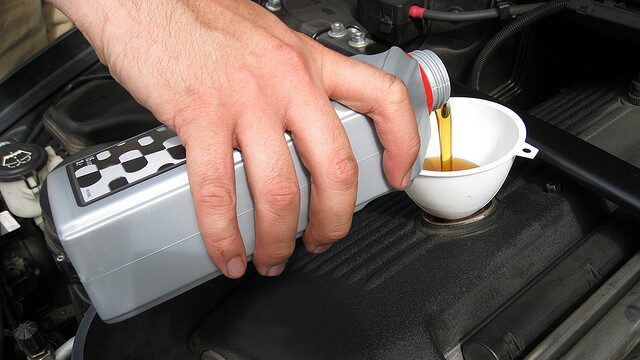Auto Repair Guide: Is Repairing Your Car Worth It?
When your car breaks down, and the mechanic calls with bad news—like needing a new transmission—you're probably wondering whether to repair or replace it. Here's a simple guide to help you decide if the repair is worth it.
Reasons to Repair Your Car
It's Paid Off: If your car is already paid for, you may prefer to avoid another down payment and monthly payments on a new car.
Your Car is Still Relatively New: If your car is under four years old and has been reliable, it could last several more years after the repair.
You’ve Already Paid for Depreciation: Cars lose value quickly, especially in their first year. You’ve already taken that hit, so sticking with your car might be a better financial choice than buying a new one.
Lower Insurance and Registration: Older cars often have lower insurance and registration costs, which could save you money in the long run.
You’re Familiar with Your Car: You know its history, quirks, and performance, and replacing it means starting from scratch.
Reasons to Replace Your Car
Frequent Expensive Repairs: If major repairs are becoming routine, it might not be worth sinking more money into an older car.
Repairs Cost More Than the Car’s Value: If you feel the cost of the repair exceeds your car’s value, it could make more sense to trade it in. (We're talking about what the car is worth to YOU.)
You’ve Been Thinking About a New Car: If you've been planning to buy a new vehicle for some time, it might be the right moment to make the switch.
Lack of Modern Features: Older cars may not have the latest safety or tech features, which could be important if you’re concerned about safety.
Car Breakdowns or Fuel Efficiency: If your car frequently leaves you stranded or is no longer fuel-efficient, a new car could offer more reliability and savings on gas.
When comparing the repair cost to your car’s market value, think beyond just numbers. Consider how much a newer car with better safety features would cost.

Preventative Maintenance: The Key to Avoiding Big Bills
Regular maintenance can prevent those tough decisions about repairing or replacing your car. Small issues addressed early can save you from expensive repairs later. Here are some simple steps to take care of your car:
1. Stay on Top of Regular Maintenance
Your car’s owner manual outlines important maintenance checks. These aren’t just upsells—they’re essential to keep your car running smoothly. Ignoring minor issues can lead to costly problems down the road.
2. Check Fluid Levels
Regularly check your oil, coolant, brake fluid, and other essential fluids. Keeping these at proper levels prevents engine damage and keeps your car safe.
3. Take Care of Your Tires
Proper tire inflation and rotation prevent uneven wear and tear. Neglected tires can cause issues with your car’s handling and safety.
4. Replace Filters Regularly
Dirty air and fuel filters can decrease your car’s performance and fuel efficiency. Changing filters regularly ensures your engine runs smoothly and efficiently.
Bottom Line
Maintaining your car is generally more cost-effective than ignoring problems until they become expensive repairs. Regular upkeep not only extends your car’s life but also helps you avoid the stress of choosing between costly repairs or replacing your vehicle.